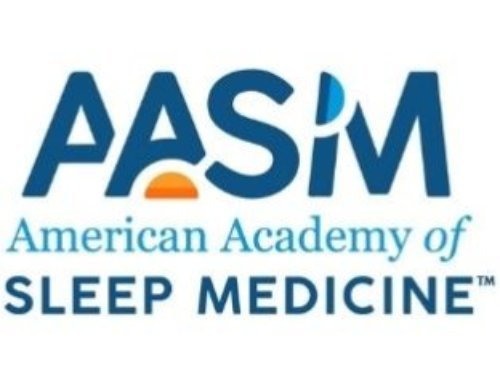Westchester, Ill. –A study in the April 15 issue of the Journal of Clinical Sleep Medicine suggests that sleep problems lead to increased pain and fatigue in cancer patients. The results indicate that interventions aimed at trouble sleeping would be expected to improve both pain and fatigue in this patient population.
Results show that more than half the sample reported having trouble sleeping, with 26 percent reporting moderate or severe trouble sleeping. Compared with patients who reported no trouble sleeping, patients with moderate to severe trouble sleeping reported significantly more fatigue, pain and depressed mood. Using structural equation modeling analysis to evaluate causal relations and directions of effect, the best-fitting model indicates that trouble sleeping led to increased ratings of pain.
According to the authors, the relationship between pain and sleep often has been assumed to be reciprocal. In the present study, however, a model of reciprocal causation could not be fit to the data, and models in which pain caused trouble sleeping did not fit as well as the model in which trouble sleeping caused pain.
“We believed we would find a bi-directional relationship between insomnia and pain, but instead found that trouble sleeping was more likely a cause, rather than a consequence, of pain in patients with cancer,” said lead author Edward J. Stepanski, chief operational officer at the Accelerated Community Oncology Research Network in Memphis, Tenn.
The study included demographic, clinical and patient-reported outcomes data from 11,445 cancer patients undergoing treatment at the West Clinic, a large community oncology practice in Memphis. Participants had an average age of 61.5 years, and 74 percent were female. Breast cancer was the most common form of cancer, and about 25 percent of study subjects had received chemotherapy in the last 30 days. Increases in depressed mood also led to increased ratings of pain.
Younger age and recent administration of chemotherapy were both associated with increased trouble sleeping. According to the authors, younger patients often receive more aggressive chemotherapy than older patients; therefore, younger patients may be exposed to more treatment-related toxicity.
Stepanski stated that several studies have shown that cognitive behavioral therapy (CBT) improves sleep in cancer patients who have insomnia. He believes that this type of intervention may decrease patients’ pain and fatigue by improving their sleep.
More information is available from the AASM about sleep and breast cancer at http://www.sleepeducation.com/Article.aspx?id=1076 and about cognitive behavioral therapy at http://www.sleepeducation.com/Treatment.aspx?id=5.
The Journal of Clinical Sleep Medicine (JCSM) contains published papers related to the clinical practice of sleep medicine, including original manuscripts such as clinical trials, clinical reviews, clinical commentary and debate, medical economic/practice perspectives, case series and novel/interesting case reports. In addition, the JCSM publishes proceedings from conferences, workshops and symposia sponsored by the American Academy of Sleep Medicine or other organizations related to improving the practice of sleep medicine
For a copy of the study, “The Relation of Trouble Sleeping, Depressed Mood, Pain, and Fatigue in Patients with Cancer,” or to arrange an interview with an AASM spokesperson, please contact Kelly Wagner, AASM public relations coordinator, at (708) 492-0930, ext. 9331, or kwagner@aasm.org.
AASM is a professional membership organization dedicated to the advancement of sleep medicine and sleep-related research. As the national accrediting body for sleep disorders centers and laboratories for sleep related breathing disorders, the AASM promotes the highest standards of patient care. The organization serves its members and advances the field of sleep health care by setting the clinical standards for the field of sleep medicine, advocating for recognition, diagnosis and treatment of sleep disorders, educating professionals dedicated to providing optimal sleep health care and fostering the development and application of scientific knowledge.
###




